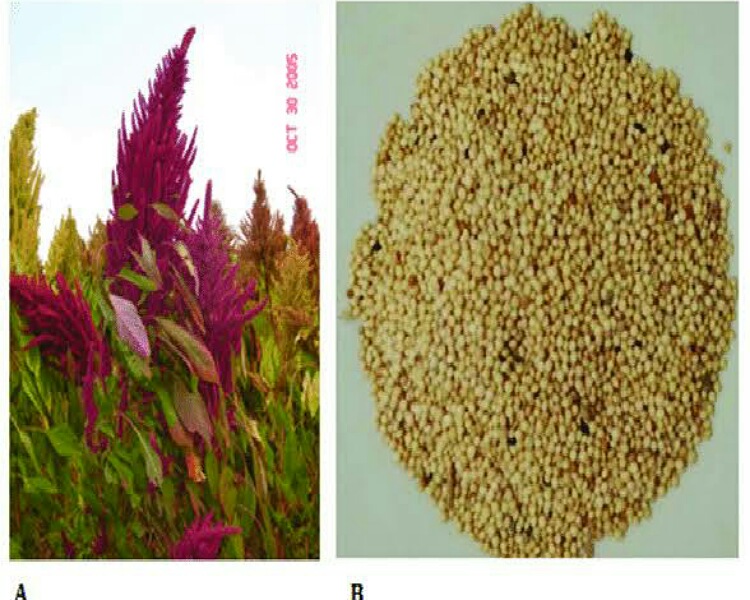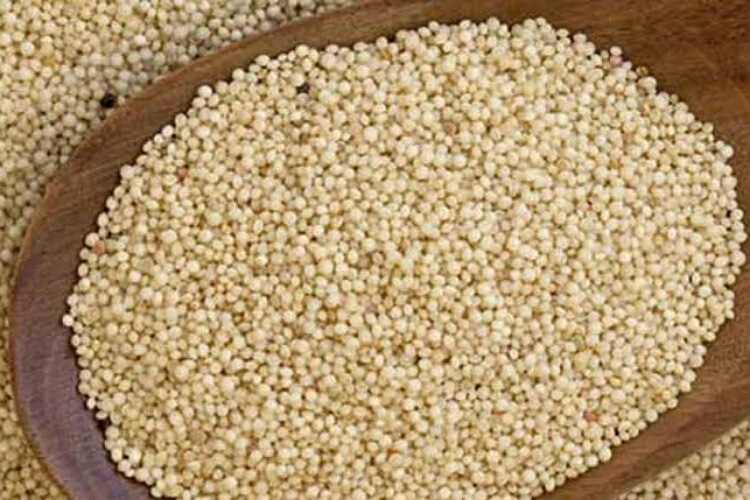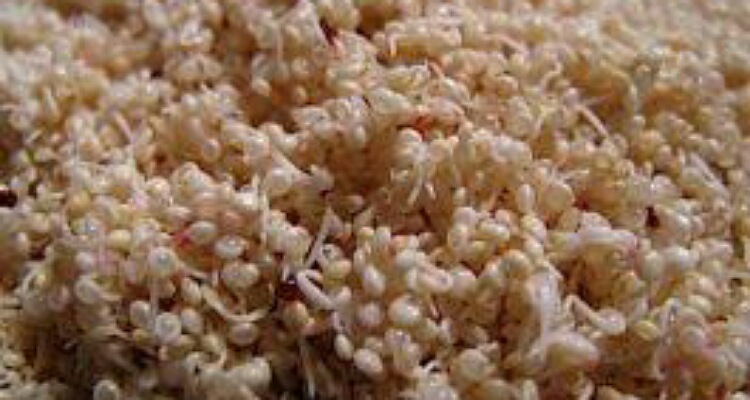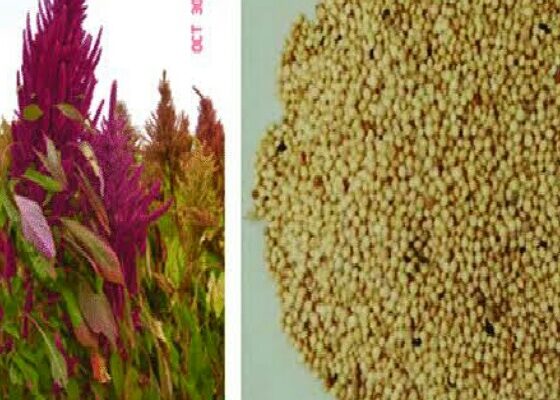Amaranth seeds are pseudocereals. They are not new and have been cultivated and eaten in certain parts of the world since centuries. They are delicious and nutritious. Detailed here are the nutritive values and health benefits of these seeds.
What are amaranth seeds?
Amaranth seeds are a varied group of pseudocereals that are known to humans since more than 8000 years. They were a dietary staple during the Maya, Inca and Aztec civilizations.

This is not a cereal like wheat or oats but it has a similar nutrient profile like them. Its taste is nutty and earthy. It is gluten free and versatile. And i is loaded with protein, dietary fiber, antioxidants, and micronutrients. One can cook a lot of food dishes and make delicious snacks with them.
Nutritional facts
The seeds are nutrient dense. They are a rich source of protein, fiber, manganese, magnesium, iron and phosphorus. One cup or 246 grams of cooked amaranth gives 251 calories. Carbs in it are 46 g while fats are 5.2 g. The proteins are 9.3 g. It also has 5.2 g of fiber.
Besides the above, the cereal is packed with vitamins and minerals. It contains folate, vitamin B6, copper, selenium, iron, phosphorus, magnesium, and manganese. One serving can provide the daily requirements of manganese. This is vital for brain health. Magnesium is essential for DNA synthesis and muscle contractions. Phosphorus makes bones strong. While iron makes blood better.

The seeds have health promoting antioxidants. These mop up the damaging free radicals of the body and prevent cancer, chronic cardiovascular diseases and premature death. One review revealed that the seeds are high in phenolic acids such as p-hydroxybenzoic acid, gallic acid, and vanillic acid. A rat study showed that this food can increase antioxidant activity and protect liver from damage by alcohol.
Soaking and processing amaranth seeds can decrease their antioxidant power.
Health benefits
Reduction of body inflammation
Chronic inflammation sets in the body with age and faulty eating. Amaranth can lessen this. Laboratory studies have shown that it decreases inflammatory markers. Another study in animals revealed its potential to lower the level of immunoglobulin E in blood. Immunoglobulin E is a market of allergic inflammation in the body.
Lowering of blood cholesterol
One study in hamsters showed that the seeds can lower the levels of total cholesterol and bad cholesterol by 15 and 22% respectively. They increased good cholesterol too. Another study in chickens revealed that it can reduce total cholesterol and bad cholesterol by as much as 30 and 70% respectively.

Shedding weight
The food assists in weight loss. This is due to the protein and fiber it contains. It keeps you full longer. Hence, the net calories consumed in a day decreases leading to a calories deficit state and weight loss. Several studies on high protein meals and high fiber meals have shown their benefit in weight reduction.
Also, read Chia seeds: Uses, nutritional facts, and health benefits!
Being gluten free it can be of use in patients of gluten sensitivity and celiac disease.
